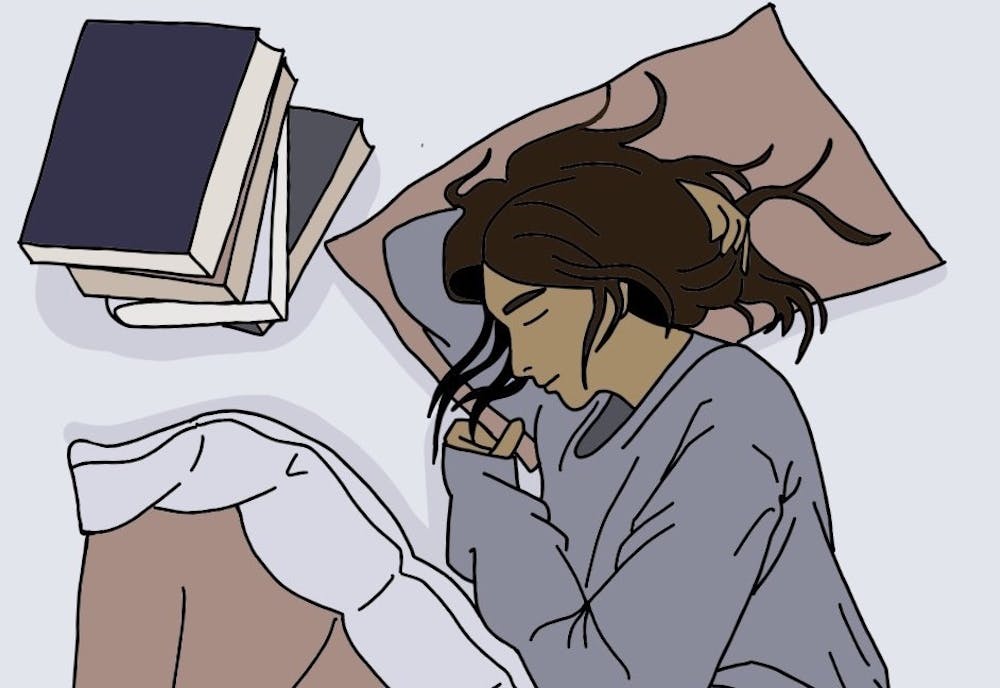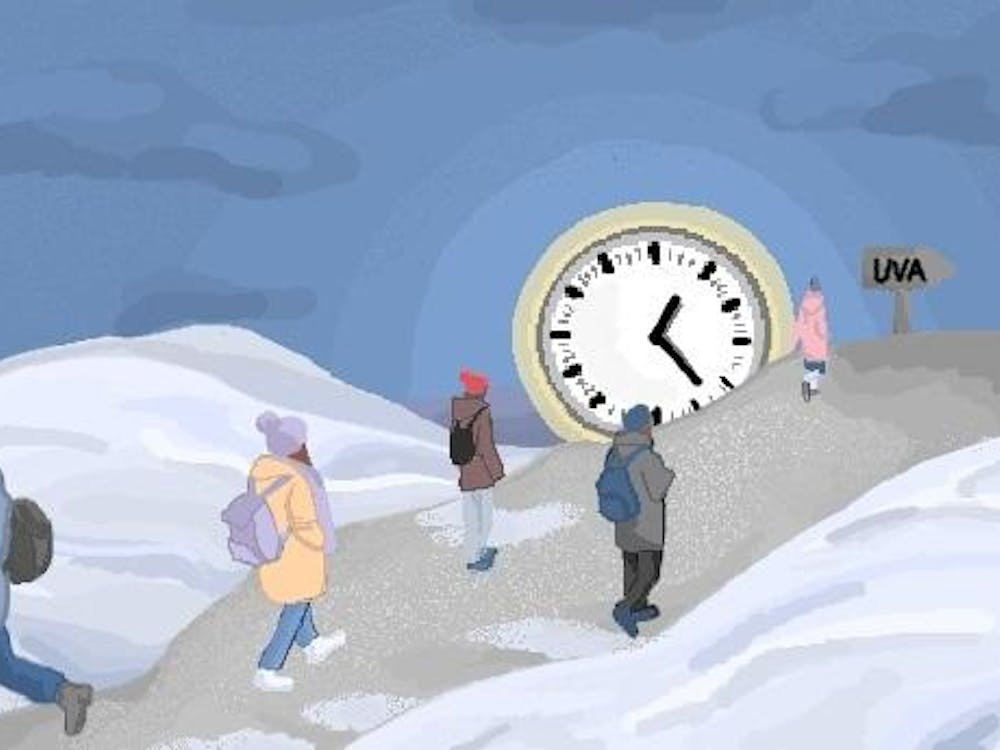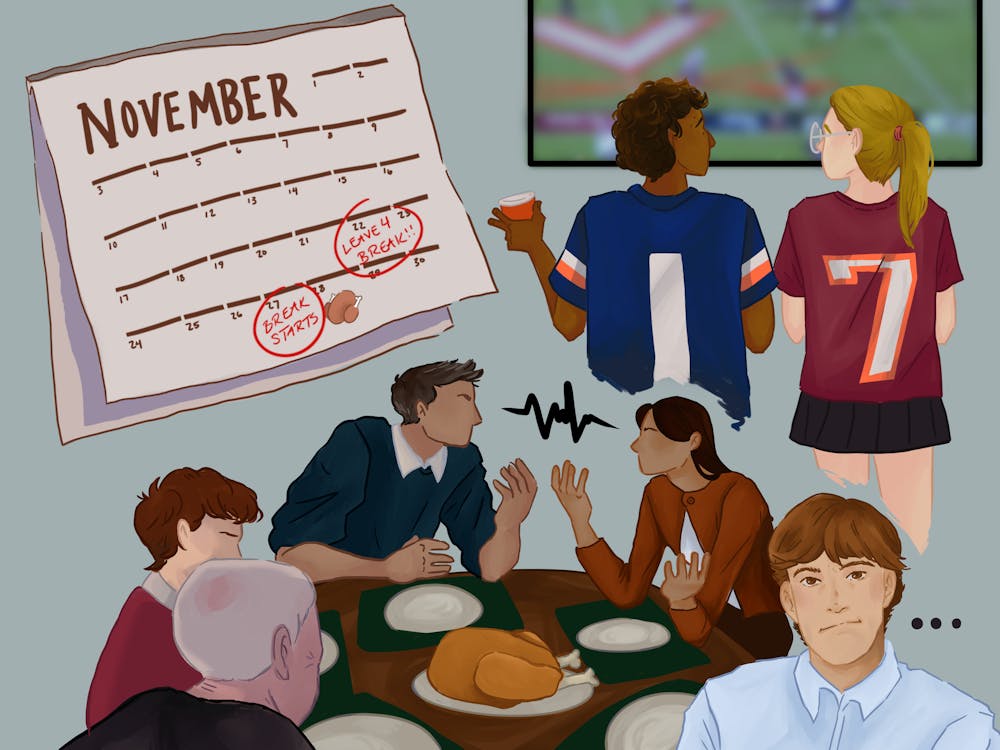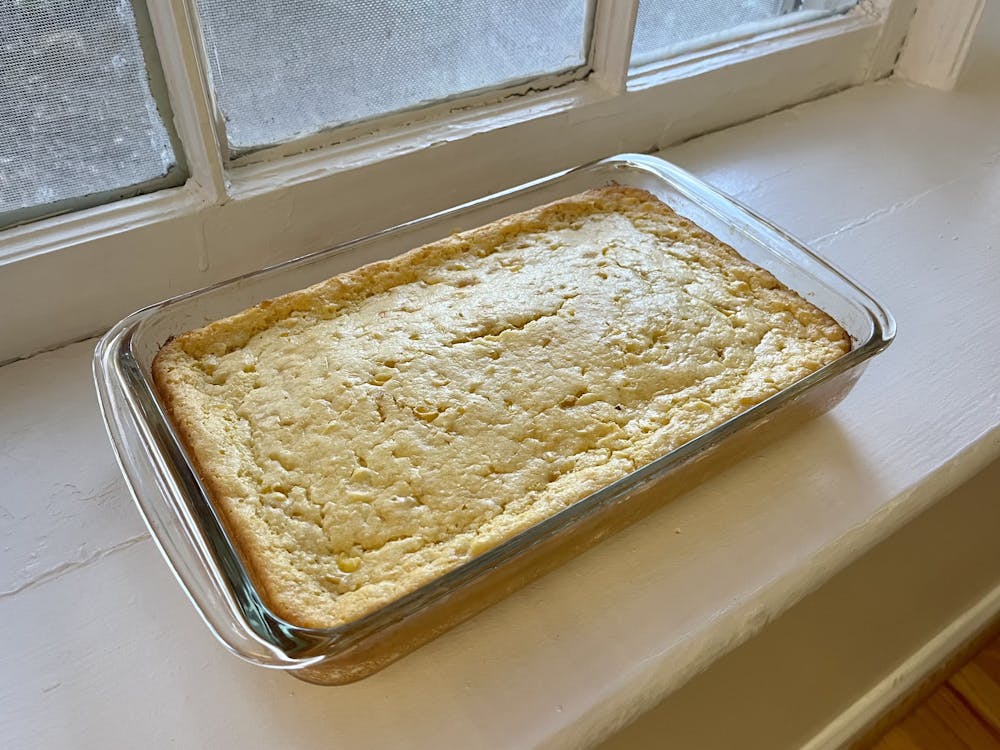These days, many of us have found ourselves with ample free time. Personally, finding myself with nothing but time and a growing book list, quarantine presented itself as the perfect opportunity to read. It has always been one of my favorite hobbies, but I often put it off because of other demanding aspects of life such as work and academics.
But now, I can happily say that I have read a little over 30 books since March. As a slightly obsessive reader, I went quickly through the list of books I had written down. I felt a great sense of accomplishment after finishing my first few books in a short span of time and this motivated me to keep the momentum going and read as many books as quickly as I could.
More recently, however, I have felt myself fall into a slump. Instead of my usual one- to two-day reading period, I was spending over a week on the same book. This extended period of time was unlike me, and I wondered what was causing me to take an unusually long time to get through a single book.
In the past, I had heard of — and experienced — burnout. These feelings of mental and physical exhaustion were ones I periodically suffered from in the academic setting, and feeling similarly with my hobby, I asked myself if I was experiencing reader burnout.
I quickly dismissed the idea at first — was reader burnout even a real thing? It seemed like a silly concept at first — to think I had read far too much far too quickly. However, the more I began to consider it, the more I resonated with it.
It seemed as if, unconsciously, I was focusing more on the quantity rather than quality. This was largely influenced by my goal of reading 75 books this year. In 2019, I had achieved my goal of 50 books and thus set my sights higher for the upcoming year. As a result, it was as if I was in a competition with myself and my reading list.
It also seemed as if my slump was brought on by other leisure activities occupying my time. It felt easier to spend hours scrolling through TikTok or Instagram instead of picking up the novel on my nightstand. Social media quickly turned into a habit rather than something I did on occasion and contributed further to my reader burnout.
To answer my own nagging question — yes, reader burnout is, in fact, real even when you’re just reading for fun. I will be honest when I say I felt a little guilty accepting this. If you are so passionate about a hobby, it feels almost wrong to not do the thing you love. Yet, there is a fine line between wanting to do something and feeling like you have to do it — I just had not realized it at the time.
You may be wondering if and how I was able to recover my reader burnout. The answer is simple — I just had to remind myself that reading was nothing but a hobby. I chose to adapt a new mindset, in which I read merely because I wanted to and not because I had to. Instead of looking at my reading list as a nagging competitor — pushing me to read more and faster — I use it simply as a guide to my next read.
When it comes to my annual reading goal, you could say I’ve put it on the backburner for the time being. Rather than focusing on an ambitious goal based on the number of books, I have shifted to a goal centered around seeking enjoyment and fulfillment with the books I read. This has not only taken the stress away from reading books when I don’t feel up to it, but also reminds me it’s okay to set down a book if I don’t enjoy it.
Moving past reader burnout took a little longer than I may have hoped, but I soon picked up my next read when I felt ready. It was okay to let myself take a break because I knew I would come back when I felt like I was able to. Since then, I have been sure to let myself read when I most feel like it. After all, the books aren’t going anywhere.
Zoya Zahid is a Life Columnist for The Cavalier Daily. She can be reached at life@cavalierdaily.com.





